-
'이틀 파업' 서울 시내버스 운행 재개…노사 협상 '타결'재생
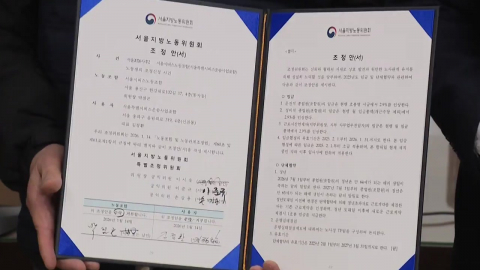
-
파업으로 이틀 동안 중단됐던 서울 시내버스 운행이 오늘 첫차부터 재개됐습니다. 노사는 어젯밤 자정 무렵까지 마라톤협상을 이어간 끝에 가까스로 합의에 이르렀습니다. 사당역 버스정류장에 나가 있는 현장 취재기자 연결합니다. 양일혁 기자! 출근길 시민들도 다행이란 반응이죠. [기자] 저는 지금 사당역 인근 버스정류장에 나와 있습니다. 평소 서울과 경기도를 오가며 출퇴근하는 시민들로 북적이는 곳인데요. 지금은 보시는 것처럼 새벽 4시 첫차부터 시내버스가 정상 운행하고 있습니다. 어제와 그제 서울 시내버스 운행 중단으로 매서운 추위 속에 출퇴근길 시민들이 애를 먹었습니다. 파업 기간 버스 전광판엔 야속하게 ’차고지’에 있다는 알림 표시만 떠 있었는데, 지금은 몇 분 뒤 도착 예정인지로 바뀌어 있습니다. 본격적인 출근 시간을 맞아 버스를 타고 내리는 시민들 발길이 분주한데요. 파업 때처럼 발을 동동 구르며 대체 교통편을 찾는 모습은 보이지 않습니다. 어젯밤 늦게 노사 협상이 타결됐단 소식에 시민들은 가슴을 쓸어내리며 출근길에 나섰습니다. 시내버스 운행이 정상화하면서 서울시는 비상수송대책을 해제하고, 운행 횟수를 늘렸던 지하철도 평시 운행으로 돌아갑니다. [앵커] 어제 협상에 들어간 서울 시내버스 노사가 또다시 합의에 이르지 못하면 어쩌나 마음 졸이는 시민들 많았을 텐데 다행히 타결됐습니다. 합의문에 서명하기까지 과정이 순탄치 않았죠. [기자] 노사에 타결 과정, 말 그대로 극적이었습니다. 보통 다음날 첫차부터 파업을 멈추고 운행에 들어가기 위한 마지노선을 자정으로 보는데요. 어젯밤 자정을 10분 정도 남겨놓고 노사가 합의에 이르렀습니다. 노사가 두 번째 사후 조정회의를 시작한 게 어제 오후 3시였으니까, 무려 9시간 가까이 마라톤협상이 이어진 겁니다. 협상 과정도 순탄치 않았습니다. 협상 도중 고성이 터져 나오거나 회의장을 박차고 나오는 모습이 포착돼 결렬로 끝나나 싶은 순간도 있었습니다. 하지만 막판에 노사가 입장 차를 좁히면서 양측 모두 조정안에 서명했습니다. 이번 협상에 가장 큰 걸림돌이었던 조합원 임금을 2.9% 인상하는 데 합의했고요. 정년도 현재 만 63세에서 내년 만 65세까지 단계적으로 2년 연장하기로 했습니다. 최대 쟁점이었던 정기상여금의 통상임금 반영 문제는 추후 논의하기로 했습니다. 노조가 애초에 요구했던 임금 인상률에서 0.1%를 양보한 것을 제외하면 노조 측 요구가 대부분 받아들여진 셈입니다. 이로써 역대 최장 시간을 기록 중이던 서울 시내버스 파업은 48시간 만에 마침표를 찍었습니다. 지금까지 사당역 버스정류장에서 YTN 양일혁 입니다. ※ ’당신의 제보가 뉴스가 됩니다’ [카카오톡] YTN 검색해 채널 추가 [전화] 02-398-8585 [메일] social@ytn.co.kr
-
미군기지 일부 철수 권고…"24시간 내 개입 가능성" 관측까지재생

-
미국이 중동 최대 미군 기지에 일부 철수 권고를 내리면서 군사적 개입이 임박한 것 아니냐는 관측이 나오고 있습니다. 이란 정부는 미국의 경고에도 불구하고 시위 참가자에 대한 신속한 처형 방침을 시사하고, 최고 수준의 전투 준비 태세를 갖췄습니다. 런던 조수현 특파원입니다. [기자] 미군의 중동 최대 기지인 카타르 알우데이드 공군기지에 일부 철수 권고가 내려졌습니다. 이란의 반정부 시위 사태에 개입하기 전 미리 반격에 대비하는 조치일 수 있다는 해석이 나옵니다. 실제로 이란군은 지난해 6월 핵시설을 폭격당하자 알우데이드 기지에 미사일을 발사했습니다. 한 유럽 당국자는 로이터통신에 미국의 군사 개입 가능성이 크며 24시간 내 이뤄질 수 있다고 전망했습니다. 이스라엘 측에선 트럼프 대통령이 개입을 결정한 것으로 보이지만 범위와 시기는 아직 명확하지 않다는 언급이 나왔습니다. 트럼프 대통령은 하루 전 이란 당국이 시위대를 교수형에 처하면 매우 강력한 조치를 취하겠다며 경고 수위를 높였습니다. [시아부시 란즈바르-다에미 / 영국 세인트앤드루스대학 교수 : 이란이 높은 경계 태세를 취하고 있을 것입니다. 미국의 군사 개입이 이뤄지면 빠르게 대응할 것이라는 뜻입니다.] 이란 혁명수비대는 국영 매체를 통해 어떤 수준의 공격에도 대응할 수 있는 최고 수준의 전투 준비 태세를 갖췄다고 주장했습니다. 하지만 물밑에선 중동의 미국 동맹국들에 미국의 공격을 막아달라고 요청한 것으로 알려졌습니다. 반정부 시위대에 대해선 강경한 대응을 이어가고 있습니다. 이란 대법원장은 시위 참가자들이 수감된 교도소를 찾아 신속한 재판과 형 집행을 공언했습니다. ’이슬람을 부정하는 죄’로 기소된 사람들이 무더기로 극형에 처해질 수 있다는 우려가 커지고 있습니다. [골람호세인 모흐세니 에제이 / 이란 대법원장 : 무언가를 하려면 신속히 해야 합니다. 지체하다가 두 달, 석 달 뒤로 늦어지면 같은 효과를 볼 수 없을 것입니다.] 이란 보안군이 시위를 진압하는 과정에서 아직 숨이 붙어있는 부상자들을 확인 사살했고, 일부 지역에선 중기관총을 사용했다는 증언도 외부로 흘러나왔습니다. 이란 당국의 통제로 정확한 시위 상황과 피해 규모 파악에 어려움이 이어지는 가운데, 서방 인권단체들이 추산한 사망자와 구금자는 계속 불어나고 있습니다. 런던에서 YTN 조수현입니다. ※ ’당신의 제보가 뉴스가 됩니다’ [카카오톡] YTN 검색해 채널 추가 [전화] 02-398-8585 [메일] social@ytn.co.kr
-
미국 대법원, 관세 판결 또 연기…"사안 중대성·경제적 파급" 지목재생

-
미국 연방 대법원이 트럼프 대통령의 핵심 경제 정책인 상호 관세에 대한 판결을 오늘도 내놓지 않았습니다. 이르면 지난 9일 판결할 것으로 전망됐는데, 판결이 늦어지는 이유에 관심이 쏠리고 있습니다. 워싱턴에서 신윤정 특파원이 보도합니다. [기자] 전 세계의 이목이 미 동부 시간 기준 14일 오전 10시, 워싱턴 D.C의 미 연방 대법원으로 쏠렸지만, 관세에 대한 판결은 내려지지 않았습니다. 미국 대법원이 주요 사건을 결정하겠다고 예고했던 지난 9일에 이어 두 번째 불발입니다. 연방 대법원은 판결 시점을 예고하지 않는 것이 관례지만, 이번 사건은 사안의 중대성 때문에 이례적으로 지연되고 있다는 평가가 많습니다. 트럼프 행정부는 대규모 무역 적자를 국가 비상사태로 규정해 광범위한 관세를 부과했는데, 미국 대법관들은 헌법상 의회의 고유 권한인 ’과세권’을 침범하는지, 아니면 대통령의 정당한 ’비상 권한’ 행사인지를 두고 고심을 거듭하고 있습니다. 지난해 11월 구두 변론 때 보수 성향의 대법관들조차 대통령 권한 남용에 우려를 표한 만큼 이견 조율에 시간이 더 필요하다는 분석이 지배적입니다. [에이미 코니 배럿 / 미 연방 대법관 (지난해 11월) : 법전에서든 역사상 다른 시기에서든 ’수입을 규제한다’라는 구절이 관세 권한을 부여하는 데 쓰인 사례를 제시할 수 있습니까?] 여기에 대법원이 위헌으로 판결할 경우 수백조 원을 환급해야 하는 등 경제적 파장이 큰 만큼 후폭풍을 최소화하기 위한 법리 다듬기에도 공을 들이고 있는 것으로 전망됩니다. 트럼프 대통령은 "관세 소송에서 지면 완전 엉망이 될 것이고, 관세 환급이 불가능할 수도 있다"며 대법원을 연일 압박하고 있습니다. [도널드 트럼프 / 미국 대통령 : 이제는 모두가 관세에 대해 제가 옳았다는 걸 인정하고 있습니다. 그리고 저는 연방 대법원 소송에서도 이기길 바라고 있습니다.] 법조계 안팎에서는 대법원이 관세가 위법이라고 판단하면서도 앞으로는 부과하지 말라는 식으로 시장 충격을 완화할 가능성도 제기되고 있습니다. 미국 대법원은 다음 구두 변론을 오는 20일과 21일로 예고했는데, 이에 따라 이르면 현지 시간 다음 주 화요일쯤 관세 판결이 나올 것이란 전망이 나오고 있습니다. 미국 대법원의 판결이 늦어지면서 트럼프 행정부가 더 강력한 대안을 마련할 것으로 예상되는 만큼 시장의 불확실성과 긴장은 고조될 전망입니다. 워싱턴에서 YTN 신윤정입니다. ※ ’당신의 제보가 뉴스가 됩니다’ [카카오톡] YTN 검색해 채널 추가 [전화] 02-398-8585 [메일] social@ytn.co.kr



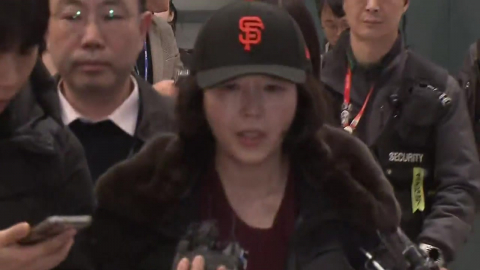
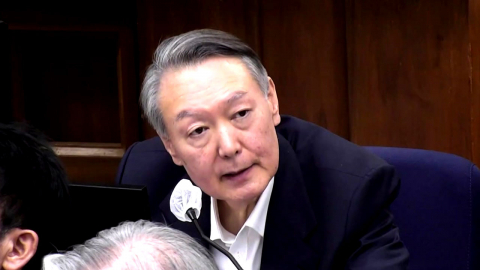
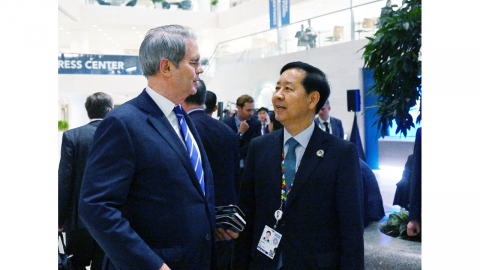
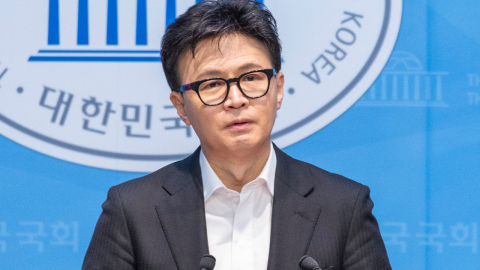
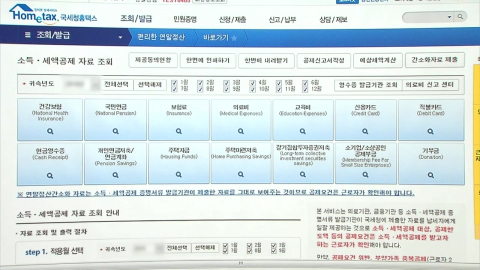
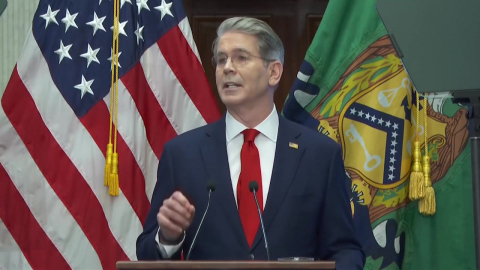
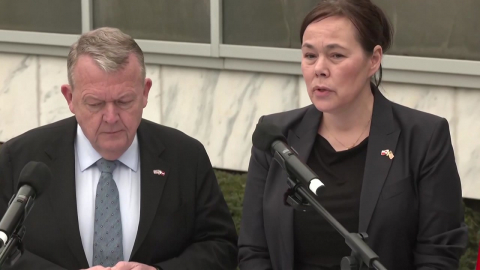
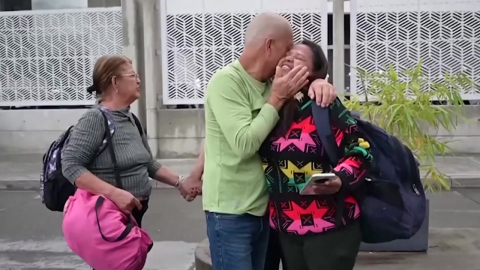
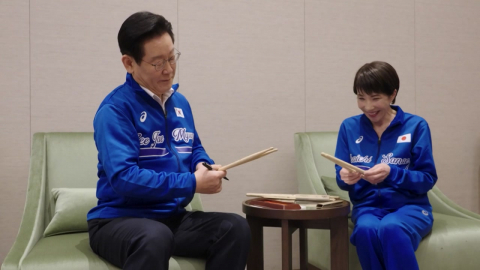
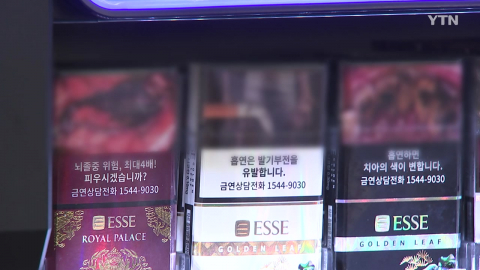
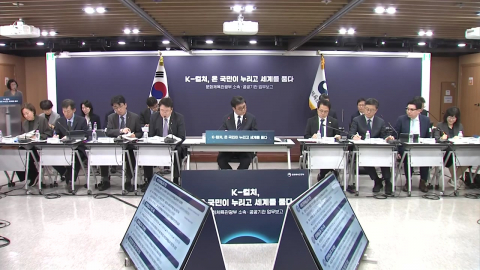
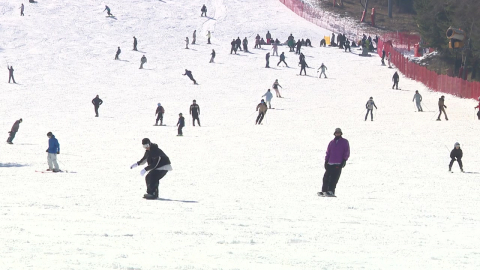

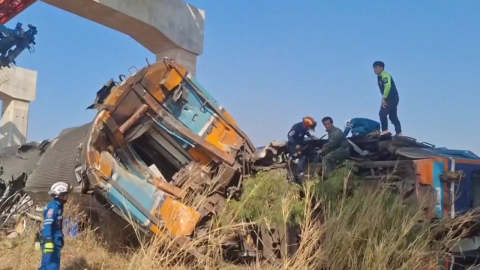
![[날씨] 밤사이 눈비·살얼음 '비상'…주말까지 온탕 뒤 냉탕](https://image.ytn.co.kr/general/jpg/2026/0115/202601150123313899_h.jpg)
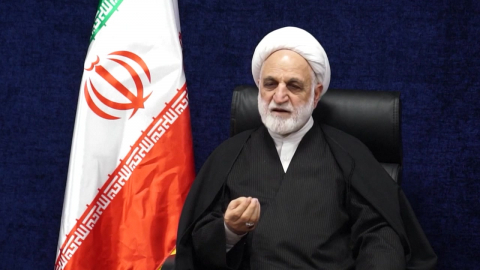
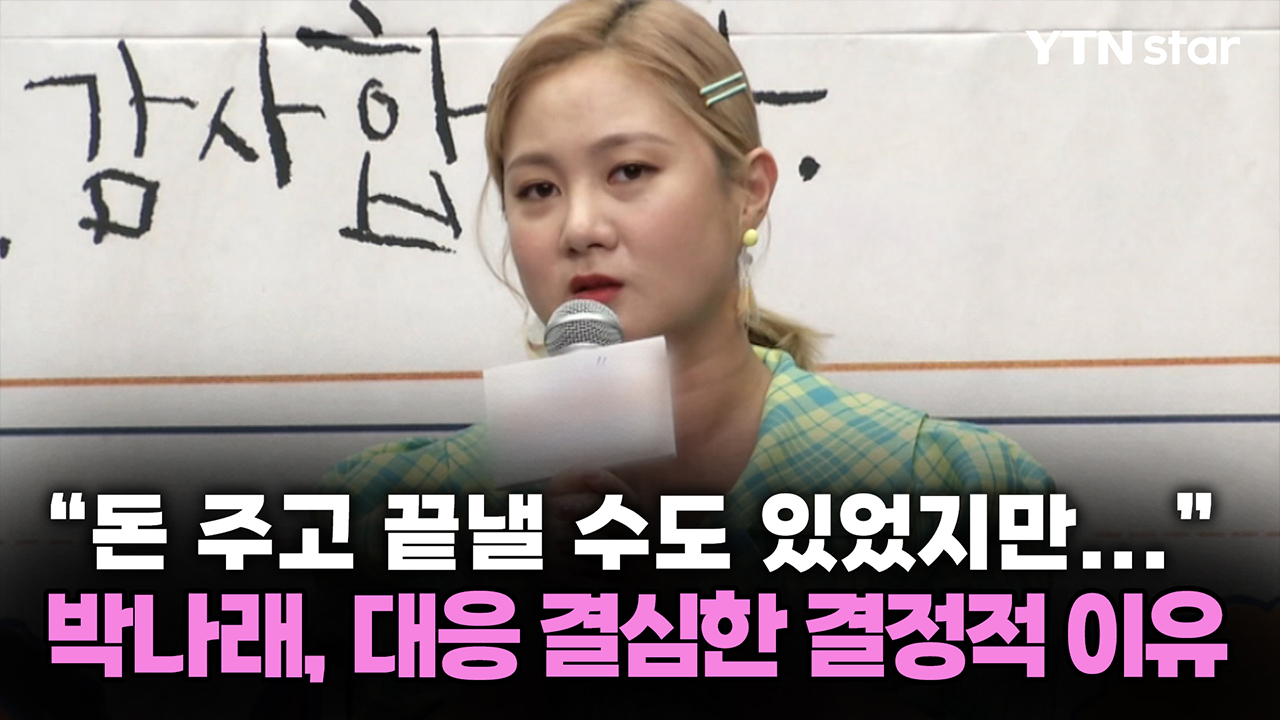
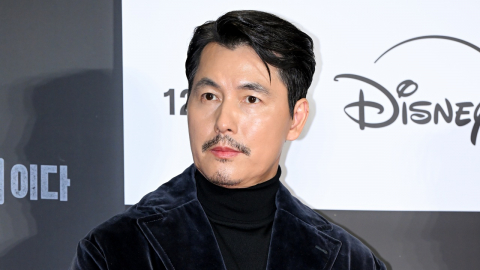

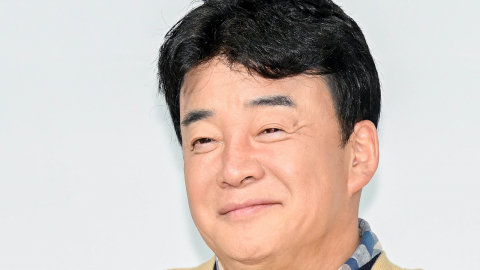
![[Y현장] “연프인지 ‘스우파’인지”…‘솔로지옥5’, 선 넘은 직진 테토녀 전쟁 온다](https://image.ytn.co.kr/general/jpg/2026/0114/202601141251048482_h.jpg)





